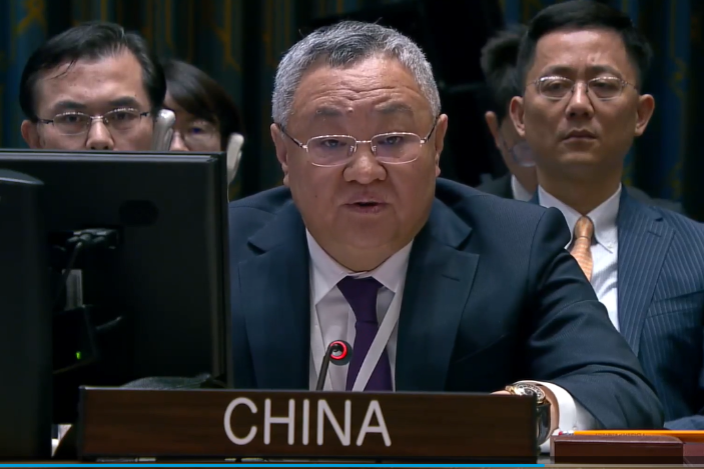Chinese players eyeing African MSME segment


The extensive adoption of digital financial services in Africa has drawn the attention of Chinese microfinance players, who are now scouting the continent for partnerships that will help expand and deepen financial inclusion in developing countries.
Analysts are upbeat that such a collaboration would further Africa's efforts in fighting poverty and inequality. In addition, it would stimulate growth in the micro, small and medium enterprises, or MSMEs, whose uptake of new digital solutions, especially on mobile platforms, is huge.
In the last three years, there has been a surge in the number of people accessing financial services. Growth in fintechs, or companies developing technologies to support financial services, has seen 515 million people acquire a bank account, according to a World Bank's 2017 Global Findex database.
While almost all adults in high income countries own bank accounts, 1.7 billion adults remain unbanked in the developing countries, said the report.
Stakeholders from China and Africa, therefore, met in Nairobi, Kenya, early this week, at aa conference called China-Africa Digital Financial Inclusion Summit, to build a collaboration platform. Chinese players sought to understand government regulations and growth prospects of the African market and how advancement, in countries such as Kenya, has been achieved.
According to a World Bank survey, Kenya and China are among nations with highest proportion of adult population accessing formal financial services market. The two countries have witnessed rapid and extensive adoption of mobile money services by the traditionally underserved groups. These services include insurance and loan products.
"Socio-economic transformation of the micro and small entrepreneurs and low-income groups depends on access to financial services. Economies cannot advance without them," said Bei Duoguang, president of China Academy of Financial Inclusion, one of the main organizers of the week-long meeting.
The need to have this population segment actively participate in economic growth has become critical with the implementation of the Belt and Road Initiative. Access to finance by entrepreneurs can provide capital and stimulate economic growth, said the president.
Studies conducted by CAFI in countries involved in the BRI program show that over 75 percent of sample countries are low and middle income countries. Over 60 percent of global population lives in these countries. While on average 88 percent of adults in high income countries are card holders, only 35 percent have cards in low income countries, said Bei.
"Thanks to technology, innovation using tools such as mobile banking has increased the pace of low and middle income countries in accessing financial services. They are catching up with the rest of the world," said Bei.
He said institutions offering credit and insurance services have had to do away with traditional systems since a large percentage of the population could not meet the requirements.
Handicapped by poverty, vulnerable population segments such as women could not provide collateral for loans, nor did they have any footprint in the formal economy that would have given them good credit scores.
"They were considered risky and thus were excluded from the formal economy. But if the world is to achieve sustainable and inclusive growth, solutions are needed to cater to this vulnerable group."
While noting success of collaboration between China and the Bill and Melinda Gates Foundation since 2007, David Lubinski, a senior program officer of digital financial services at the foundation, said what began as China-for-China initiative, has evolved into China-for-the-world initiative.
"This can now be China-for-Africa initiative. We believe that China can contribute in pushing down the number of people who are still excluded from accessing financial services globally," Lubinski said.
He said Kenya has increased access of financial services to women and rural areas, while China has made great inroads in improving household welfare through women's access to finance, which has ultimately decreased poverty. "The two countries can learn a great deal from one another."































